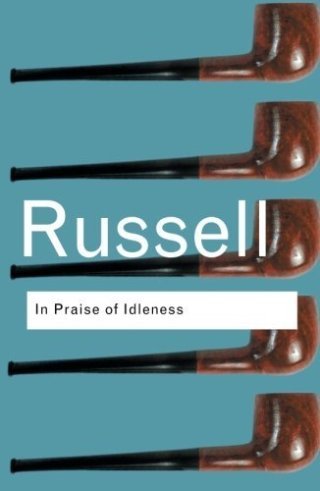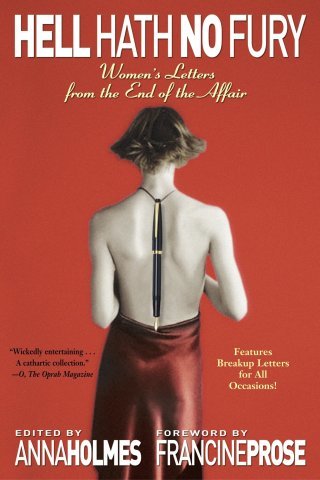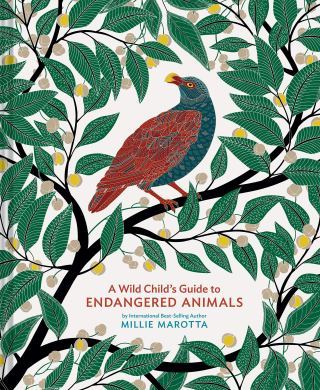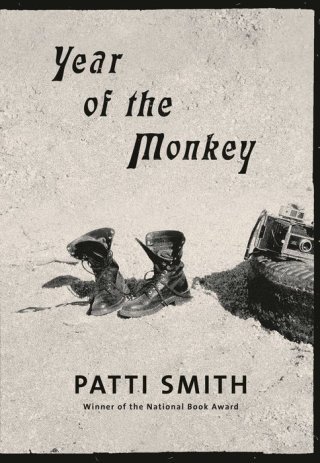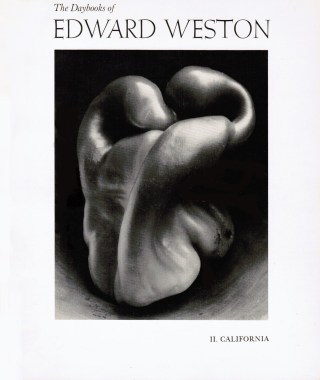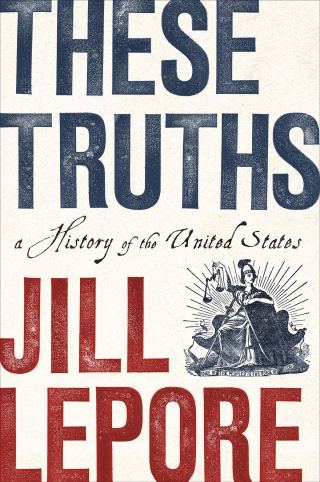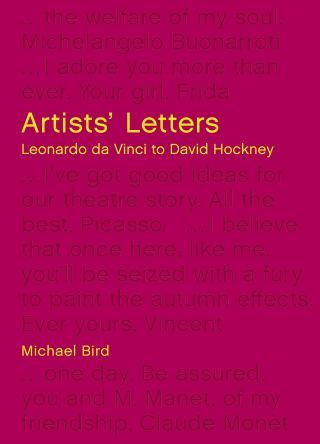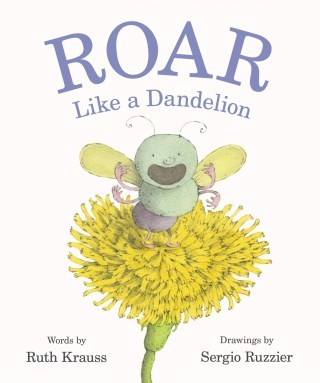Maria Popova's Blog, page 116
November 13, 2019
Bertrand Russell on How to Heal an Ailing and Divided World
“We must mend what has been torn apart, make justice imaginable again in a world so obviously unjust, give happiness a meaning once more,” Albert Camus wrote as he contemplated how to live honorably thorough shameful times at the peak of World War II, a quarter century before he became the second-youngest Nobel laureat...
November 12, 2019
Beginnings at the End of Love: Rebecca West’s Extraordinary Love Letter to H.G. Wells in the Wake of Heartbreak
“If during the next million generations there is but one human being born in every generation who will not cease to inquire into the nature of his fate, even while it strips and bludgeons him, some day we shall read the riddle of our universe,” the great English writer and feminist Rebecca West (December 21, 1892–March 15, 1983) wrote as she contemplated suffering, survival, and the will to keep wa...
November 10, 2019
Nature’s Lessons in Gender Equality, Gender Diversity, and True Love: The Male Pregnancy of the Seahorse and the Fearless Trans Fish of the Coral Seas
“We need another and a wiser and perhaps a more mystical concept of animals,” the great nature writer Henry Beston insisted nearly a century ago. “In a world older and more complete than ours they move finished and complete, gifted with extensions of the senses we have lost or never attained, living by voices we shall never hear.”
Over the long sweep of evolution, our fellow creatures have dev...
November 6, 2019
Patti Smith’s Imaginative Remedy for Insomnia
Given that it serves as the brain’s built-in therapy mechanism regulating our negative moods, given that it acts as the brain’s janitor sweeping away toxins responsible for neurodegenerative diseases like Alzheimer’s, sleep may be the closest thing we have a superpower — so much so that its importance is encoded into the 13 most important things I’ve learned about life. The clearest evidence of that importance comes from the extreme disruption of o...
November 4, 2019
Edward Weston on the Most Fruitful Attitude Toward Life, Art, and Other People
Goethe believed that the only opinion worth voicing about the work and choices of others is one that springs from “a certain one-sided enthusiasm, or from a loving interest in the person and the work… All else is vanity.” A particularly corrosive species of vanity is the habit of self-comparison, which — depending on the degrees of narcissism and insecurity in the comparer — results either in self-inflation by diminishing the worth of the other or in d...
Abraham Lincoln on Equality and the Slippery Slope of Exclusion
“The North has always tried to establish its identity by cutting other people out and off,” James Baldwin told Margaret Mead in their historic dialogue about identity, race, and belonging. “The Northern identity is dependent upon whom you can keep out.” Half a century later, this aspect of the Northern identity has become in a great sense the national identity of the country that calls itself by the name of an entire continent. Its rubr...
October 31, 2019
Engraving Is Eternal Work: How to Dodge a Deadline Like William Blake
Neil Gaiman has semi-facetiously located the two primary sources of good ideas in desperation and deadlines. Still, deadlines come and go and, devoid of ideas or dry of their actualization, we despair. We make excuses. Sometimes — like when the dog actually ate Steinbeck’s manuscript — they happen to be true. But the best excuse is always the truth itself — creative work...
Engraving Is Eternal Work: How do Dodge a Deadline Like William Blake
Neil Gaiman has semi-facetiously located the two primary sources of good ideas in desperation and deadlines. Still, deadlines come and go and, devoid of ideas or dry of their actualization, we despair. We make excuses. Sometimes — like when the dog actually ate Steinbeck’s manuscript — they happen to be true. But the best excuse is always the truth itself — creative work...
October 30, 2019
Roar Like a Dandelion: Beloved Children’s Book Author and Poet Ruth Krauss’s Lost Alphabet of Joy, Illustrated
“Her lovely and original poetry has a flexibility that allowed me the maximum of space to execute my fantasy variations on a Kraussian theme,” Maurice Sendak wrote of the great children’s book author and poet Ruth Krauss (July 25, 1901–July 10, 1993), with whom he collaborated on two of the loveliest, tenderest picture-books of all time.
A quarter century after the end of Krauss’s long life, lost fragments of her poetic imagination coalesced into a manuscript that alighted to the...
October 29, 2019
In Transit: Neil Gaiman Reads His Touching Tribute to the Lonely Genius Arthur Eddington, Who Confirmed Einstein’s Relativity
“You have got a boy mixed of most kindly elements, as perhaps Shakespeare might say. His rapidly and clearly working mind has not in the least spoiled his character,” a school principal wrote at the end of the nineteenth century to the mother of a lanky quiet teenager who would grow up to be the great English astronomer Sir Arthur Stanley Eddington (December 28, 1882–November 22, 1944) and who would catapult Albert Einstein into celebri...

